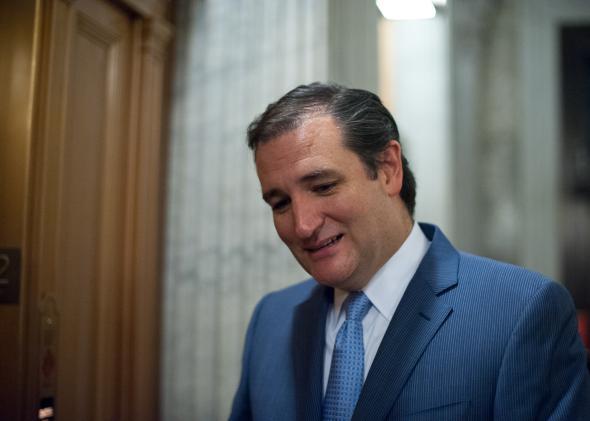CBS News White House Correspondent Mark Knoller was out on Twitter this morning doing his best to offer some fair and balanced coverage of the debt ceiling debate. Unfortunately for him, the only way to do that is to misportray what the issue is:
Lew portrays raising Debt Limit as “simply allows s to pay our bills.” He doesn’t mention that if first authorizes more Govt borrowing. — Mark Knoller (@markknoller) October 4, 2013
Pres Obama also overlooks borrowing factor when he says raising Debt Limit “only” lets US Treasury pay for what Congress has already bought. — Mark Knoller (@markknoller) October 4, 2013
Raising the Debt Limit allows more Government borrowing which increases the National Debt. — Mark Knoller (@markknoller) October 4, 2013
Of these, only the third tweet is arguably true. But to review: Under current law (i.e., even in the absence of an end to the government shutdown), active duty military personnel are entitled to be paid for their work. Under current law (i.e., even in the absence of an end to the government shutdown), senior citizens are entitled to their Social Security checks.
Under current law (i.e., even in the absence of an end to the government shutdown), doctors and other health care providers are entitled to payment in exchange for treating Medicare beneficiaries. Under current law (i.e., even in the absence of an end to the government shutdown), owners of US government debt are entitled to regularly scheduled interest payments.
These and other things are legal obligations of the American government. Raising the debt ceiling authorizes the Treasury to sell bonds in order to meet those obligations. Thus an obligation to a retirees or her doctor is transformed into an obligation to a bondholder. Failing to raise the debt ceiling prevents the Treasury from doing this. But it does not eliminate the obligation. It arguably reduces the National Debt if by “National Debt” we mean “quantity of outstanding bonds.” But if, as a matter of law, the government owes $10,000 to a hospital somewhere that is very much a debt. If you don’t believe me, trying wracking up $10,000 worth of hospital bills and then telling the hospital you don’t want to pay! That’s the point that both Lew and Obama are making. These spending programs are genuine legal obligations of the United States Congress. If Ted Cruz doesn’t want retirees to get such generous Social Security checks, he needs to write a bill changing the Social Security Act. Simply refusing to allow the government to raise the funds it owes doesn’t change the fact that the funds are, in fact, owed.
